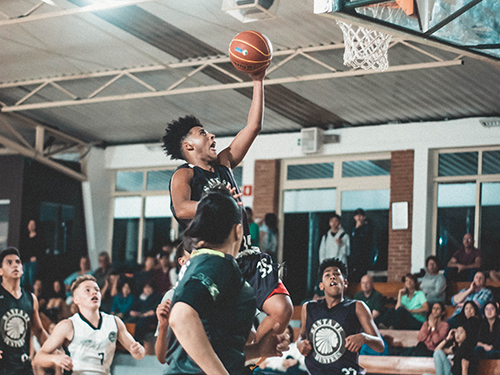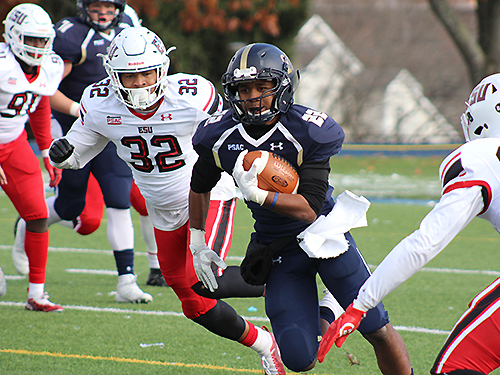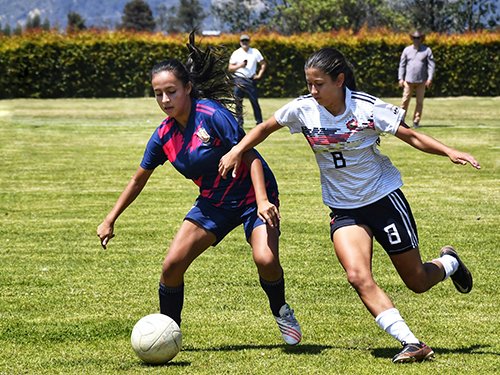In today’s chaotic world of recruiting in college athletics, top student athletes are constantly bombarded with letters, emails, and phone calls from college coaches near and far. When the time comes for student athletes to decide where they might attend college, I often find that many of them become consumed with playing at the highest level of competition possible, rather than picking the best fit for their situation.
There are several things one should consider when making this very important decision.
First, academically speaking, does this institution offer me the best opportunity to pursue my career path. Meaning, do they offer a major or a field of study that will help me pursue my passion or offer several fields of study that I am interested in learning about. What percentage of students obtain jobs after graduating from these programs at this institution?
Second, will I have the opportunity to play and how soon will that opportunity present itself. So often high school athletes will go to a college where they are third or fourth on the depth chart at their position just so they can be part of a higher division athletic program. Let’s examine this for a second. Why would you do this? This poses unnecessary obstacles.
What year is the player or players in front of you? If they are seniors that’s good. However, if they are sophomores or juniors it could be up to two years before you are considered for the starting position. What is more, have you discussed with the coach if he or she is recruiting other players at your position?
This leads to me asking the question isn’t it better to accept an offer from a division 2, 3 or NAIA school if the path to playing is more attainable. Be truthful to yourself. Every athlete that plays in college was considered good at the high school level. You know where you fall according to your size, speed, athleticism, and skill set at your particular sport if you really are a DI, DII or DIII collegiate athlete. The reality is there is no guarantee of playing time in collegiate athletics, but you certainly want to put yourself in a position where it is possible.
My third and final determining factor should be how does my skill set match with the offensive or defensive scheme that the program you are considering runs. For example, if you are a quarterback who’s being recruited for your passing ability, then you do not want to attend a school that is known for running the ball all the time. If you are being recruited heavily as a point guard in basketball, and the team that is recruiting you is known to use the point guard as a penetrator and scorer, then you do not want to consider that school. There are many scenarios I could mention, but you get the picture. Find the school that fits your skill set because most likely that school is not going to change what has been successful for them.
In closing, please consider the factors that I have discussed. Your college experience will effect the rest of your life. Yes, you can change schools at anytime, but that is something you want to avoid as a college athlete if possible. But, just like all things in life, there are circumstances where switching schools could be beneficial.








